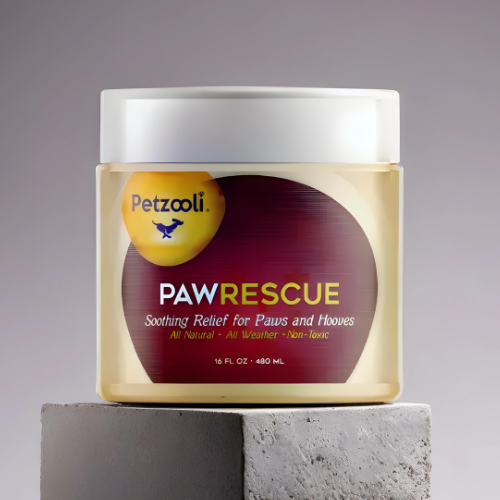
Why Is Your Dog Not Eating His Food: Tips and Insights for Pet Owners
Share
As a health-conscious pet owner, it's natural to become concerned when your dog suddenly loses interest in his food. The primary keyword here is why is your dog not eating his food. This question often plagues pet owners and can lead to stress and worry. In this extensive guide, we will dive into various reasons behind this behavior, explore potential solutions, and help you understand when it might be time to see a vet.

Understanding Your Dog's Eating Habits
Dogs, much like humans, can have quirky eating habits. Knowing what is normal for your furry friend can help you detect when something is off. Here's a comprehensive breakdown of what might be causing your dog to avoid his food bowl.
Health Issues
One of the most pressing concerns for pet owners is whether there's a health issue at play. Dental problems, gastrointestinal issues, and various illnesses can all lead to a reduced appetite. It's essential to monitor your dog and observe any additional symptoms such as vomiting, diarrhea, or lethargy.
Behavioral Reasons
Your dog might be dealing with anxiety, stress, or even depression. Just like humans, dogs can have off days where they don't feel like eating. Ensure your dog has a calm and peaceful eating environment free from loud noises and disturbances.
Dietary Factors
The quality and type of food you're offering can significantly impact your dog's willingness to eat. If they're used to a high-quality diet, switching to a lower quality could result in disinterest. Similarly, dogs might refuse food that's past its expiry date or has an off odor.

Strategies to Encourage Your Dog to Eat
Now that we've addressed potential reasons, let's look at actionable tips to encourage your dog to eat.
Choose High-Quality Food
Always opt for the best quality food you can afford. What is the healthiest dog food? can be a good place to start if you need guidance on top-quality dog food brands.
Create a Peaceful Eating Environment
Ensure your dog's feeding area is calm and free from disturbances. This can help minimize stress and encourage eating.
Experiment with Flavors and Textures
Dogs can get bored of the same food day in and day out. Experiment with different flavors and textures to see what your dog prefers. Just make sure any new foods are safe and healthy.

When to See a Vet
While it's normal for dogs to skip a meal occasionally, prolonged periods of not eating can signal serious health issues. If your dog hasn't eaten for more than 48 hours or is displaying other worrying symptoms, it's time to consult your veterinarian.
Veterinary Insight
Recent medical advancements offer a plethora of diagnostic tools that can pinpoint exactly what might be going wrong. Consult your vet to explore these options fully.

Preventing Future Issues
Finally, there are steps you can take to ensure your dog maintains a healthy eating routine.
Regular Check-Ups
Regular veterinary visits can help catch potential medical issues before they become severe.
Stable Routine
Dogs thrive on routine. Keep a consistent feeding schedule and stick to it as much as possible.
Balanced Nutrition
Ensure your dog's diet is balanced and contains all the necessary nutrients. How long does dog food last? is another essential aspect to consider when planning your dog's meals.
FAQ
Q: Should I be concerned if my dog skips one meal?
A: It's usually not a cause for concern if your dog skips a single meal. However, if they continuously refuse food, it's best to consult a vet.
Q: Can anxiety cause my dog to stop eating?
A: Yes, anxiety and stress can significantly impact a dog's appetite. Creating a calm and peaceful eating environment can help.
Q: What should I do if my dog doesn't eat for more than 48 hours?
A: If your dog hasn't eaten in over 48 hours, it's crucial to visit your vet for a thorough examination.
For more insights, you might find these resources helpful: Why dogs eat grass.
As an Amazon Associate, I earn from qualifying purchases.
